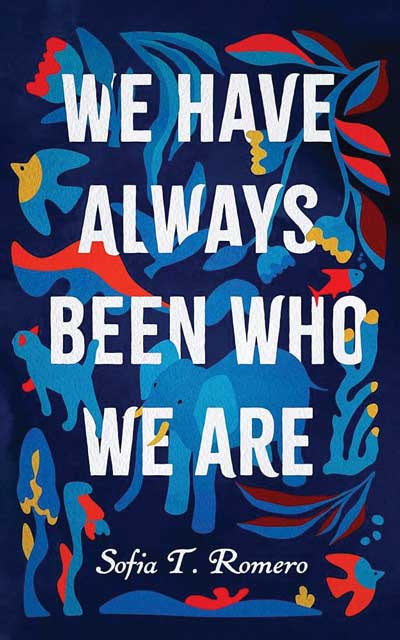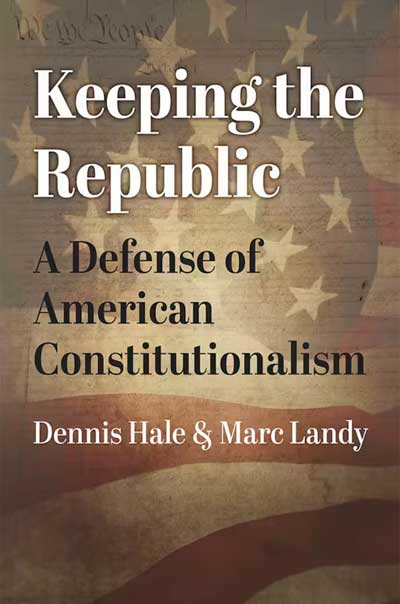Power Wheels
The annual Mod 500 trike fundraiser draws fierce competitors.
Photo: Dan Watkins
BOOKS
We Have Always Been Who We Are
A hint of the supernatural adds depth to the debut short story collection of Sofia T. Romero MA’96.
When the Pushcart Prize–nominated author Sofia T. Romero MA’96 was an undergraduate at Wellesley College, she wrote a story in a creative writing class that would shape her work for decades. The tale centered on a small town, where two teenagers set out to confirm their suspicions that one of their neighbors was actually a snake in human form. Romero’s classmates loved the fantastical premise, and she went on to publish short stories featuring similar elements of magical realism in publications including Chestnut Review and Electric Literature. That process culminated in her debut collection of short stories, We Have Always Been Who We Are. “Just the fact of the book existing has been enormously gratifying,” Romero said. “Having conversations with people who are reading it and hearing what resonates for people is mind-blowing.”

The collection follows characters through their daily lives as fantastical events start to creep in. Most of the characters are women who share a distinctly Latina perspective, inspired by Romero’s own Puerto Rican roots. The opening story’s protagonist is a young girl named Lourdes, who seeks refuge from isolation at school and the turmoil of her parents’ tumultuous marriage by confiding in mystical animals. Another story follows a sorority whose members write their secrets in a mysterious book, only to face the the fallout when the confidential information is displayed for all to see. Romero’s characters tackle increasingly adult themes as the book progresses, such as navigating marital strife and motherhood, all while Romero bends the boundaries of reality. But even with elements of the supernatural, the stories remain grounded in very human emotions like anger, shame, and loneliness. “Humans are tense, and scary, and complicated inside of ourselves,” Romero said. “I love a good monster, but sometimes the monster is us.”


Keeping the Republic: A Defense of American Constitutionalism
by Dennis Hale and Marc Landy, BC professors of political science
Hale and Landy counter common criticisms of the US Constitution with this defense of its enduring efficacy as a governing document. Critics contend that the Constitution’s age has left it inflexible in the modern era, but the authors argue the limits on power imposed by the Constitution help preserve a free government in America. By establishing a republic, not a democracy, they write, the Constitution ensures individual rights are protected against the will of the majority.

Final Engagement: A Marine’s Last Mission and the Surrender of Afghanistan
by Christopher Izant ’10
In his debut book, Izant, a veteran of the war in Afghanistan, gives his audience a firsthand perspective on what it was like to be stationed in 2012 in the country’s dangerous Helmand Province. Izant recounts the difficult conditions and disillusionment he and his team faced as they trained Afghan forces to fight alongside them against the Taliban, ten years before the fall of Kabul marked a total victory for the fundamentalist group.

Clitso Dedman, Navajo Carver
by Rebecca Valette, BC professor emerita of Romance languages
Valette tells the story of Clitso Dedman, who took up wood carving at the age of sixty during the Great Depression and went on to create a new Navajo art form. Valette’s history shows the ways Dedman’s sculptures departed from traditional Navajo art, and traces the artist’s journey from a rural childhood in Arizona to the midlife decision to abandon a career as a blacksmith and builder to become a master sculptor who took Navajo art to new places.


Illustration: Arthur Mount
WHAT I'M READING
Sleepless: A Memoir of Insomnia
by Marie Darrieussecq
This is not just a memoir about insomnia, it is a meditation on subjectivity—“Who is it that doesn’t sleep,” Darrieussecq writes, “when I don’t sleep?”—and on the economic and ecological catastrophes of our days: As nature dwindles, sleep dwindles. Wandering through citations and stories of famous insomniac authors, through pictures, memories, and hard facts, Darrieussecq somehow gives us an example of how to deal with the end of the world. It is easy to read, but not at all superficial.
—Tina Montenegro, assistant professor of French